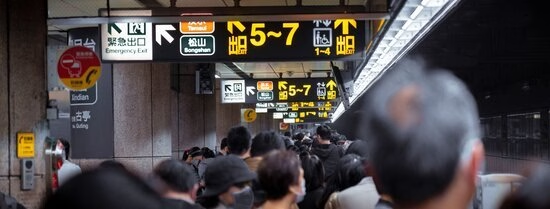Consumer boycotts represent a critical mechanism through which political preferences manifest in market outcomes, yet their economic effectiveness remains empirically contested. We study the 2021 Chinese consumer boycott against Western apparel brands that made public statements regarding alleged forced labor practices involving Uyghur workers in Xinjiang, China.
- Speaker
- Date
- Tuesday 2 Dec 2025, 11:30 - 12:30
- Type
- Seminar
- Room
- 2.04
- Building
- Langeveld Building
(joint with Sandra Poncet)
Evidence from brand-level sales in China
Using country-specific brand-level sales data from Euromonitor from 2015-2024, we rely on an event study design that exploits variation across targeted versus non-targeted brands, China versus international markets, and pre- versus post-boycott periods. We find that targeted brands experienced a 30% decline in Chinese market share following the boycott, with no evidence of recovery through 2024.
The impact varies by targeting intensity and across market segments. Our results show how geopolitical tensions can translate into consumer behavior through politically motivated boycott calls which alter competitive dynamics in global markets, creating lasting disadvantages for corporations that take public positions conflicting with host country sentiments.
Registration for bilateral, lunch or dinner
Lunch will be provided. If you would like to meet the guest speaker for a bilateral, join for lunch or dinner, then please register by filling in the registration form.
See also
No event items found.

